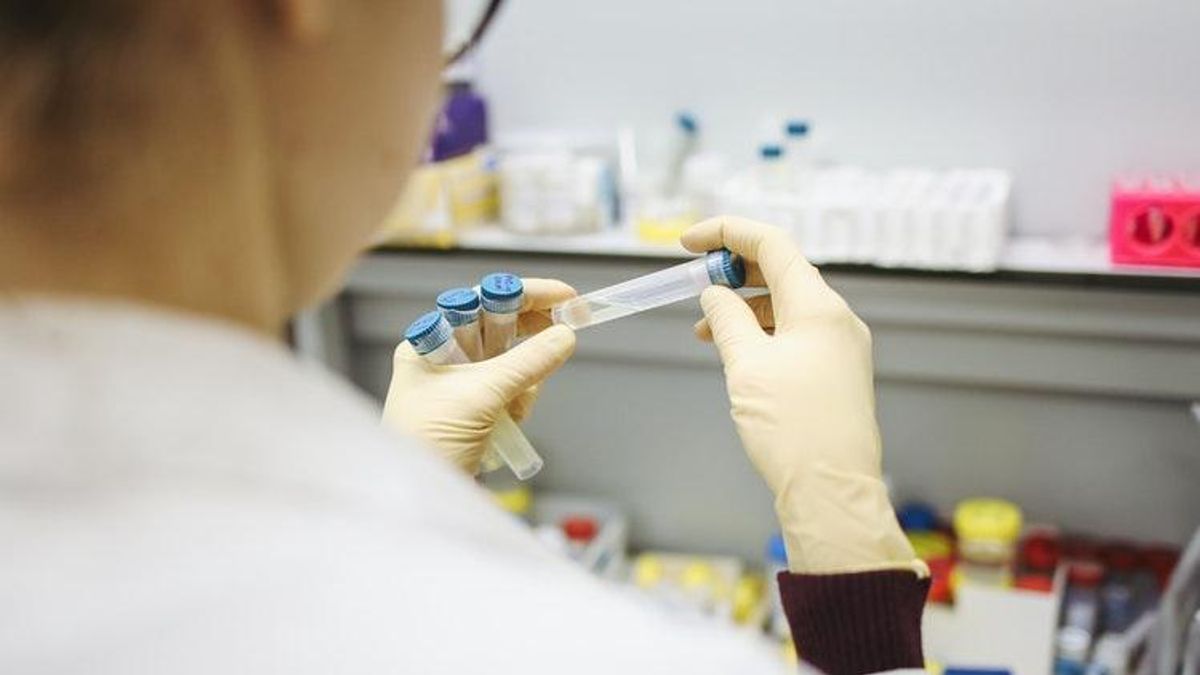The Cure
HIV Vaccine Trial Shows 97 Percent Effectiveness in Humans

In a recent trial, a vaccine yielded success in nearly all participants, and it may be effective against other diseases.
April 06 2021 7:23 PM EST
May 26 2023 1:56 PM EST
By continuing to use our site, you agree to our Private Policy and Terms of Use.

In a recent trial, a vaccine yielded success in nearly all participants, and it may be effective against other diseases.
A potential HIV vaccine is showing very promising results in Phase I human trials, according to Scripps Research and IAVI, a nonprofit research organization that develops vaccines and antibodies for HIV and other diseases.
The vaccine works by stimulating the production of rare immune cells that might effectively generate HIV-resistant antibodies. Such a result was found in 97 percent of human participants administered the potential vaccine. The findings were presented at the International AIDS Society HIV Research for Prevention conference in early February but have only recently generated media attention.
Since HIV emerged as a pandemic in the early 1980s, scientists have been trying to figure out a way to outsmart the wily virus, which easily morphs into different strains and makes it difficult to create an effective immune response. The potential vaccine has initially shown efficacy in prompting certain cells to create antibodies that can fend off HIV in its various iterations.
An HIV vaccine would have enormous global benefits; currently around 38 million people around the world are living with the disease, which can now be controlled through medication. Researchers believe the potential vaccine could yield benefits in the fight against other diseases, like malaria and influenza.
The next steps with this potential HIV vaccine will be additional clinical trials.
“This study demonstrates proof of principle for a new vaccine concept for HIV, a concept that could be applied to other pathogens, as well,” William Schief, Ph.D., a professor and immunologist at Scripps Research and executive director of vaccine design at IAVI's Neutralizing Antibody Center, said in a statement. “With our many collaborators on the study team, we showed that vaccines can be designed to stimulate rare immune cells with specific properties, and this targeted stimulation can be very efficient in humans. We believe this approach will be key to making an HIV vaccine and possibly important for making vaccines against other pathogens.”